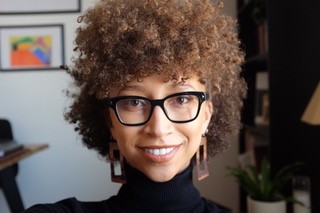Together with Canaan Breiss, Emily Morgan, and Volya Kapatsinski, Gaja Jarosz is co-organizing an NSF-sponsored workshop on Abstract and Item-Specific Knowledge Across Domains and Frameworks. The two-day workshop will take place July 27-28, 2025 during the Linguistic Society of America’s Summer Institute in Eugene, Oregon.
We have an exciting program lined up featuring a student poster session (see Call for Abstracts) along with invited talks and panel discussions organized into thematic sessions on the following topics:
- EVIDENCE: What is the experimental evidence for abstract or item-specific knowledge?
- MODELING: What does an adequate computationally-explicit, implemented model of simultaneous item-specific and abstract knowledge look like? What are the representations in this model?
- LEARNING: How do speakers learn item-specific and abstract knowledge from the same data at the same time?
- BRAIN: What evidence is there for how storage and abstraction are implemented neurally? Are these separate systems, or merely descriptions of different behaviors of a single system?
- EVOLUTION: How does storage or abstraction at the level of individual speakers shape a language over time? How have languages evolved to be processable via a combination of storage and abstraction?
Registration for the workshop is now open!


